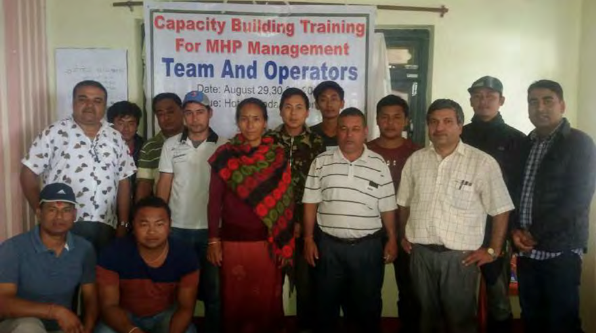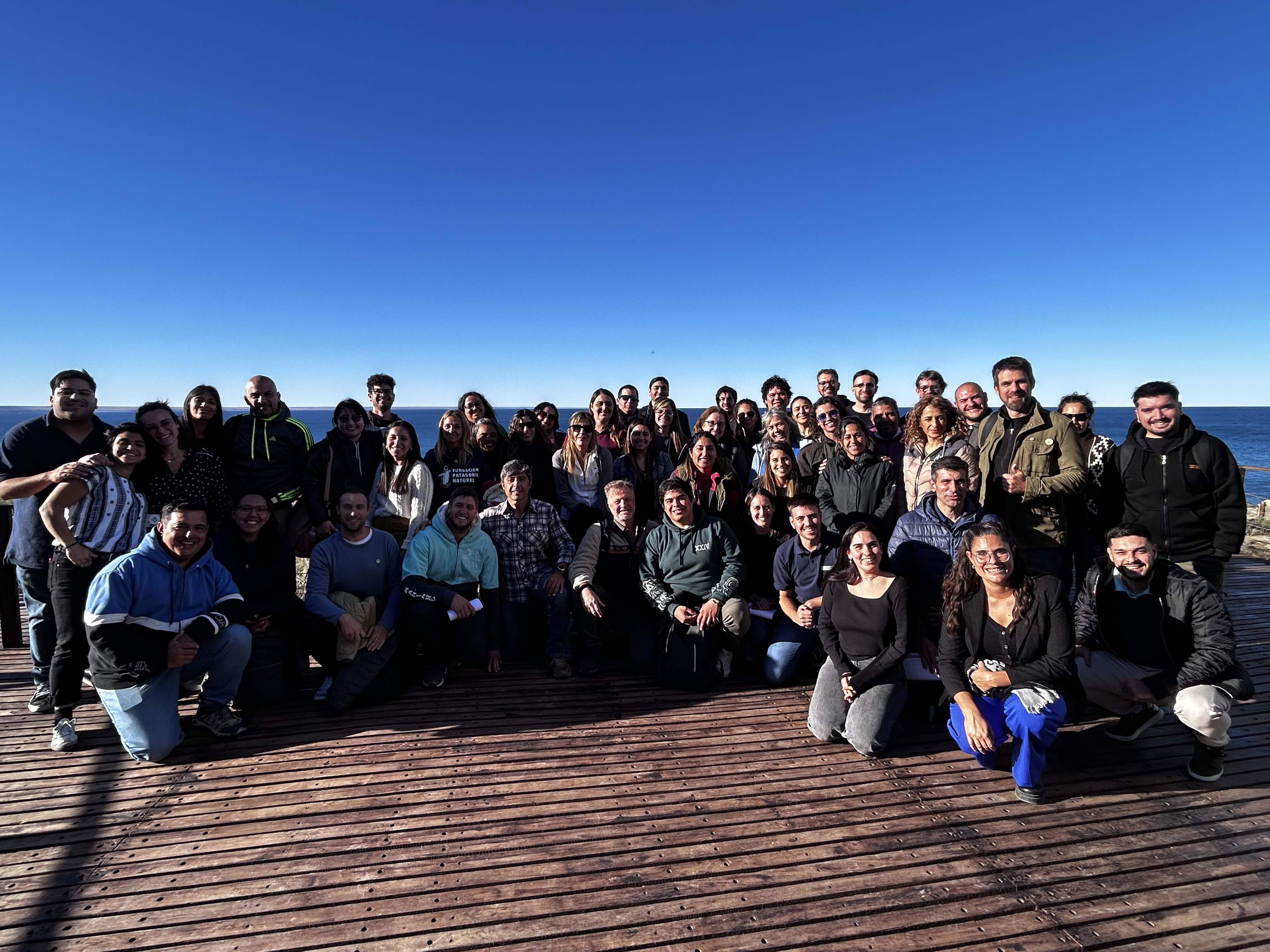More than 45 teachers from 15 schools in Chubut Province, Argentina, participated in the first training to launch our newest capacity building partnership: the YouthEnergy project.
Rebuilding Infrastructure for Sustainable Energy Access in Nepal
The 2015 earthquake and subsequent aftershocks triggered landslides and other geo-hazards, causing massive destruction. This also affected micro-hydro power plants (MHPs) which had been installed by Practical Action in 2013 and 2014. All these MHPs were destroyed by the earthquake and became non-operational. Consequently, the 14 energy-based enterprises which had been established during the project period were no longer able to operate.
This project worked towards restoring access to electricity for lighting and for operating appliances at domestic level, as well as for powering enterprises and community services. It restored three micro-hydro plants in the Gorkha District, which power 585 households as well as ten enterprises and schools. They now feature an earthquake-resilient design. This initially posed a challenge to local manufacturers and contractors as it is still uncommon to construct aseismic buildings in Nepal.
Apart from the restoration of three MHPs, the activities of Practical Action and local partner Goreto Gorkha included the mobilisation of communities (labour and materials), capacity-building measures for MHP management committees and operators, and the provision of technical and operational monitoring.
More general information is available on our SEPS project page, where a detailed project summary will be published soon: RISE – Rebuilding Infrastructure for Sustainable Energy Access


